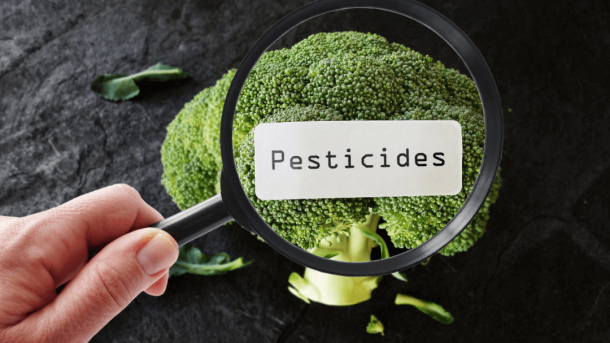A recent article in the French daily Le Monde speaks of a study with “impressive” conclusions. Reading it, there is reason to be worried since it does indeed seem very serious. Signed by researchers attached to the School of Public Health of a prestigious university, Harvard, this study is based on a large number of data: 146,000 people were followed for 20 years. It was published last January in a fairly highly rated scholarly journal. And it questions one of the generally accepted nutritional principles: you have to eat a lot of fruits and vegetables to be healthy.
After analyzing their data, the researchers claim to have found that consuming four servings of fruits and vegetables every day known to be rarely contaminated with pesticides, such as oranges or broccoli, lowered the risk of death by 36% compared to only eating one serving.
Conversely, consuming the same amount of fruit and vegetables containing pesticide residues more often, such as spinach or lettuce, did not reduce the risk of mortality compared to eating only a single portion. They deduce that pesticide residues could negate the benefit of fruit and vegetable consumption.
However, when we look at the methodology of the cited study, its results and the interpretations that the researchers make of them, it is clear that their conclusions are much more like a plea against pesticides than a rigorous and objective analysis.
[Editor’s note: This article was originally published in French and has been translated and edited for clarity.]
This is an excerpt. Read the original post here
About Us
Special Sections
Viewpoint: No, trace pesticides do not make fruits and vegetables unhealthy – Genetic Literacy Project




